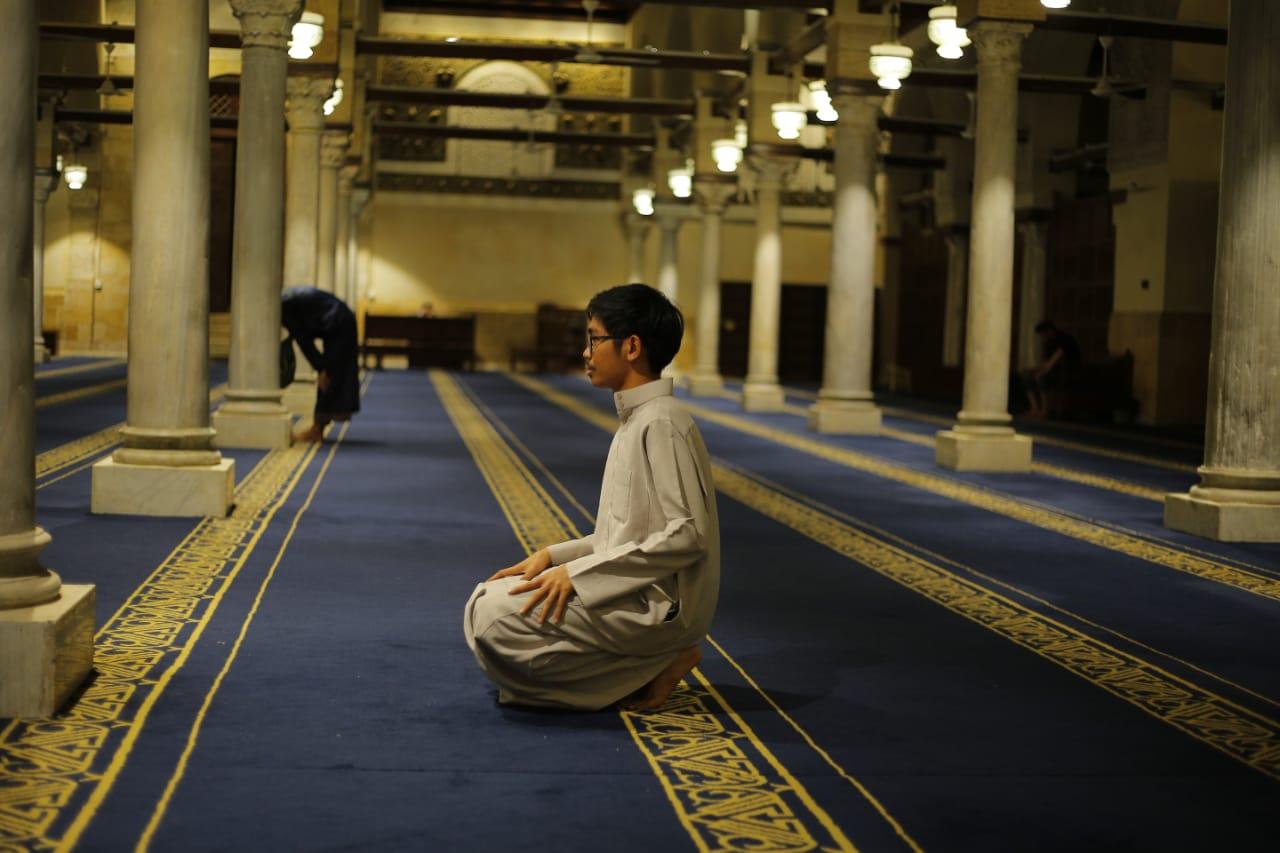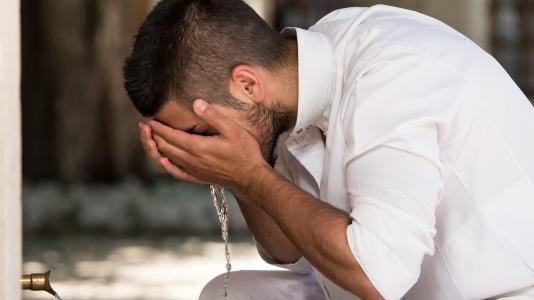4 Acts of Worship Equivalent to Night Prayer (Qiyam Al-Layl)
The Prophet ﷺ highlighted four acts of worship that equal the reward of night prayer, including congregational prayer, Quran recitation, and good character, allowing believers to earn great reward.

Content:
Many Muslims strive to perform night prayer due to its immense reward, yet other righteous acts can match its merit according to the Prophet ﷺ:
4 Key Acts of Worship Equivalent to Night Prayer:
Congregational Isha and Fajr: Uthman ibn Affan reported that the Prophet ﷺ said: "Whoever prays Isha in congregation, it is as if he prayed half the night; and whoever prays Isha and Fajr in congregation, it is as if he prayed the whole night" (Abu Dawood).
Four Sunnah Rak‘ahs Before Dhuhr: Abu Salih reported the Prophet ﷺ said: "Four rak‘ahs before Dhuhr equal the prayer of the pre-dawn (Suhur)" (Sahih al-Jami‘).
Reciting 100 Verses at Night: Tamim al-Dari reported: "Whoever recites 100 verses at night is recorded as if he prayed Qunoot of a night" (Al-Tirmidhi).
Good Character: Aisha reported: "The believer reaches the ranks of a night-prayer and daytime fast through good character" (Al-Albani).
Shaf‘ and Witr as Part of Night Prayer:
Night prayer includes Isha, Shaf‘ and Witr, Tahajjud, Taraweeh, Quran recitation, and night supplication—any act of devotion after Isha until Fajr counts.
Night Prayer Before Fajr Adhan:
Praying even ten minutes before the Fajr adhan counts as night prayer since night ends at Fajr.
After Fajr:
It is permissible to perform missed rak‘ahs after Fajr for Qada purposes, but Witr is exclusive to night; daytime prayers can include only Shaf‘ (two rak‘ahs).
تؤكد دار الإفتاء أن قراءة سورة يس لها فضل عظيم، ويجوز قراءتها بنية قضاء الحاجات والتفريج من الكربات، مع العلم بأن استجابة الدعاء بيد الله تعالى.
الوضوء قبل النوم سنة عظيمة للرسول ﷺ، تجلب الطمأنينة وتحمي من الشرور، تعرف على 8 مكافآت ربانية لهذا العمل البسيط الذي يرفع درجات الإيمان ويغفر الذنوب.
الصدقة في الإسلام لا تقتصر على المال، فكل عمل نافع أو قول حسن هو صدقة، وهذه ستة أمثلة لأعمال يمكن للفقراء القيام بها دون نقود للحصول على الأجر العظيم.
دار الإفتاء توضح أن الدعاء على المؤذي بالمرض أو الضرر غير جائز شرعًا، ويستحب الرد على الإساءة بالإحسان والدعاء للهداية، مع اللجوء إلى القضاء عند الضرورة.



